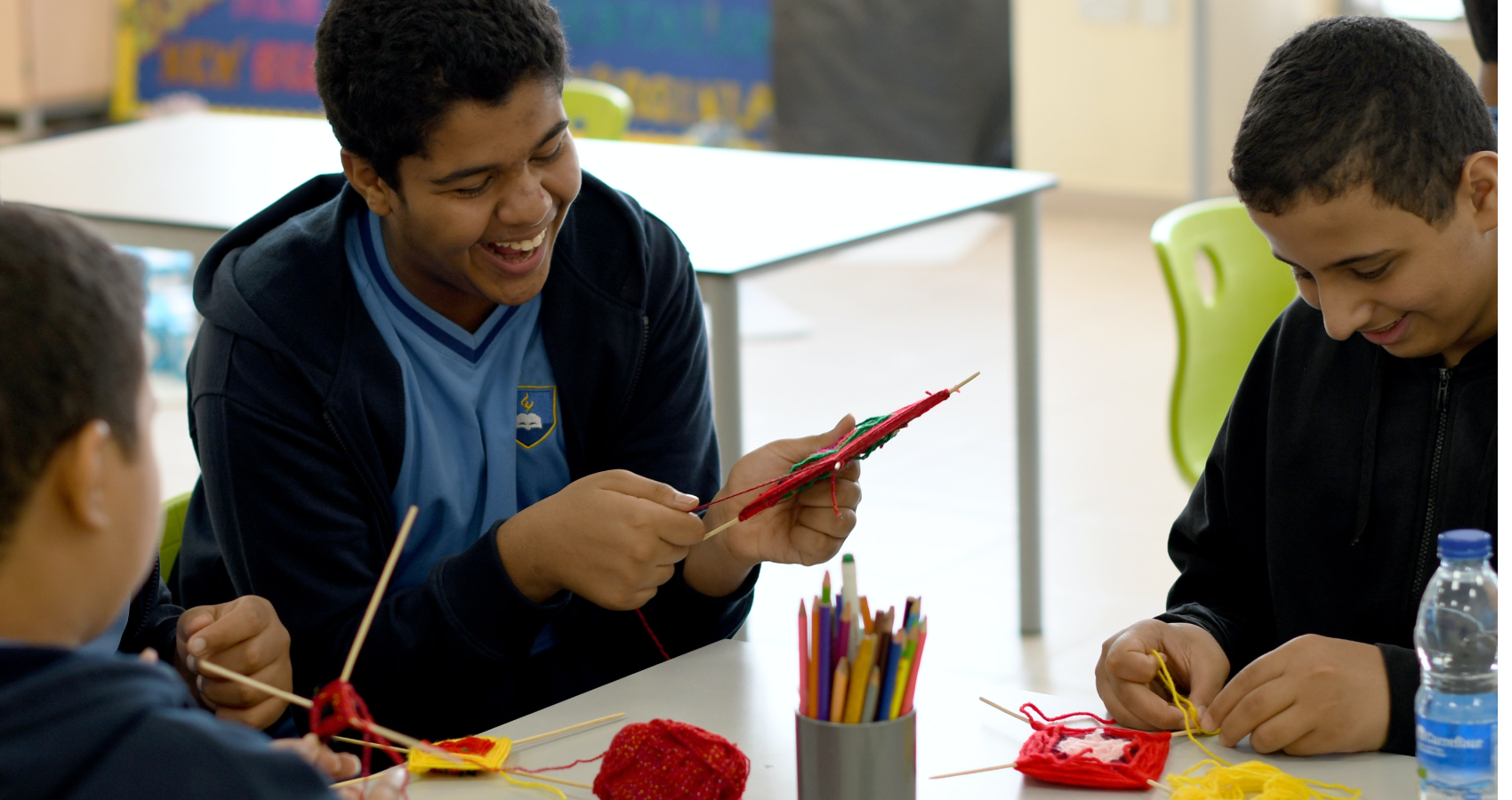A new study is pointing out that a structured day at home and at school can benefit a child’s health. It seems to be common knowledge that structure and routine are both positive things in a child’s life. Some say that children need these things to thrive, and while routine is broken every now and then, a lot of parents try to make sure that their children are living with as much routine as possible to ensure that they feel comfortable and secure. As time goes on, more studies are done to show just what the benefits are and how important it is to institute a schedule in your child’s life.
According to Medical Xpress, one such study has shown that a routine is important for a child’s health, not just at home but in school too. This study also has importance as families deal with periods of quarantine and isolation due to the pandemic, and how important it is to try and keep as much routine as possible.
The study was completed by the University of Central Florida and it can be read in full here. They look at more than 50 schoolchildren over the course of two weeks. They found that behaviors that can lead to medical problems, like obesity, dropped on days when a child was in school.
When a child is at home, they tend to partake in more ‘sedentary’ activities and screen time. They are sitting more, and not getting enough physical exercise, and that is why the researchers are urging parents to keep a school-like routine even when children are not in school. The researchers also stated that this is important because more than 20% of American children between the ages of 6 to 11 years old are obese and this can have a lot of serious health complications.
They focused their study on rural children because they are at an increased risk for obesity and they are often underrepresented when it comes to studies. To come to their conclusion, they had all the students wear wristbands that would rate their physical activity and sleep on days when they were in school and days when they were at home. They also kept a personal diary of activities, diet, and screen time which were reported by their parents. The results found that children had an additional 16 minutes of physical activity every day that they were in school. While it may seem challenging, it is important that parents are keeping their children on a ‘school routine’ while they are at home.
Sources: Medical Xpress, Liebert Pub

